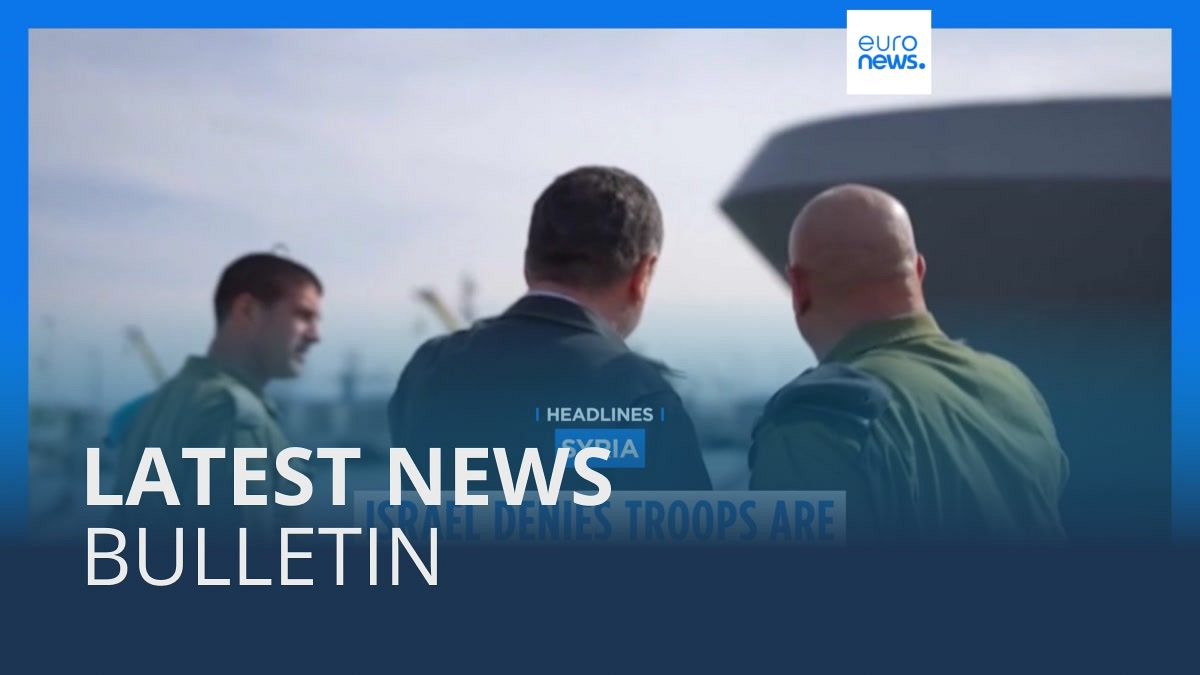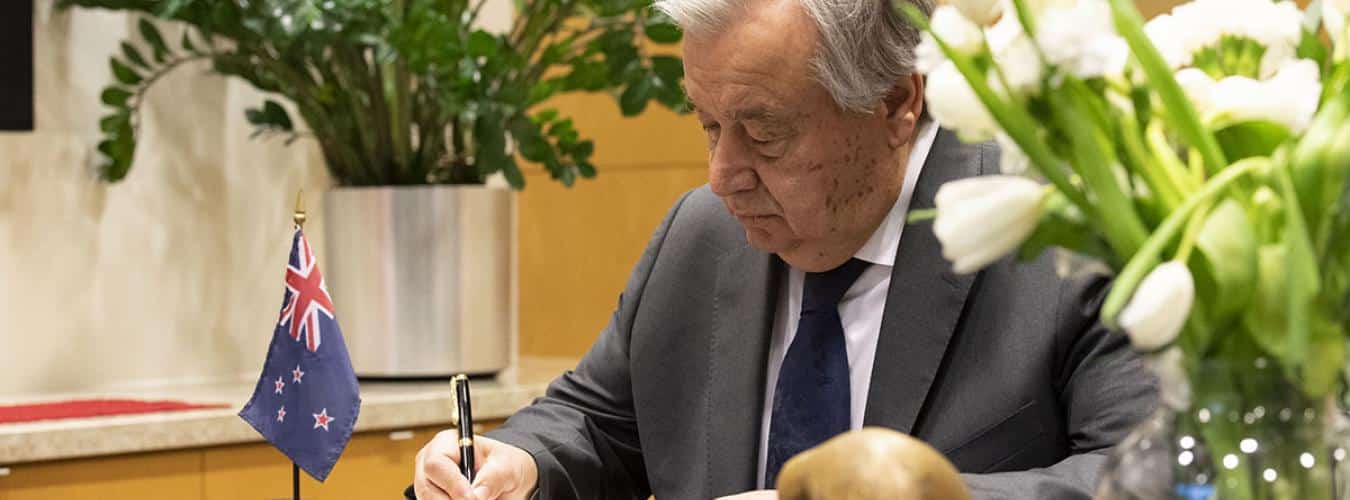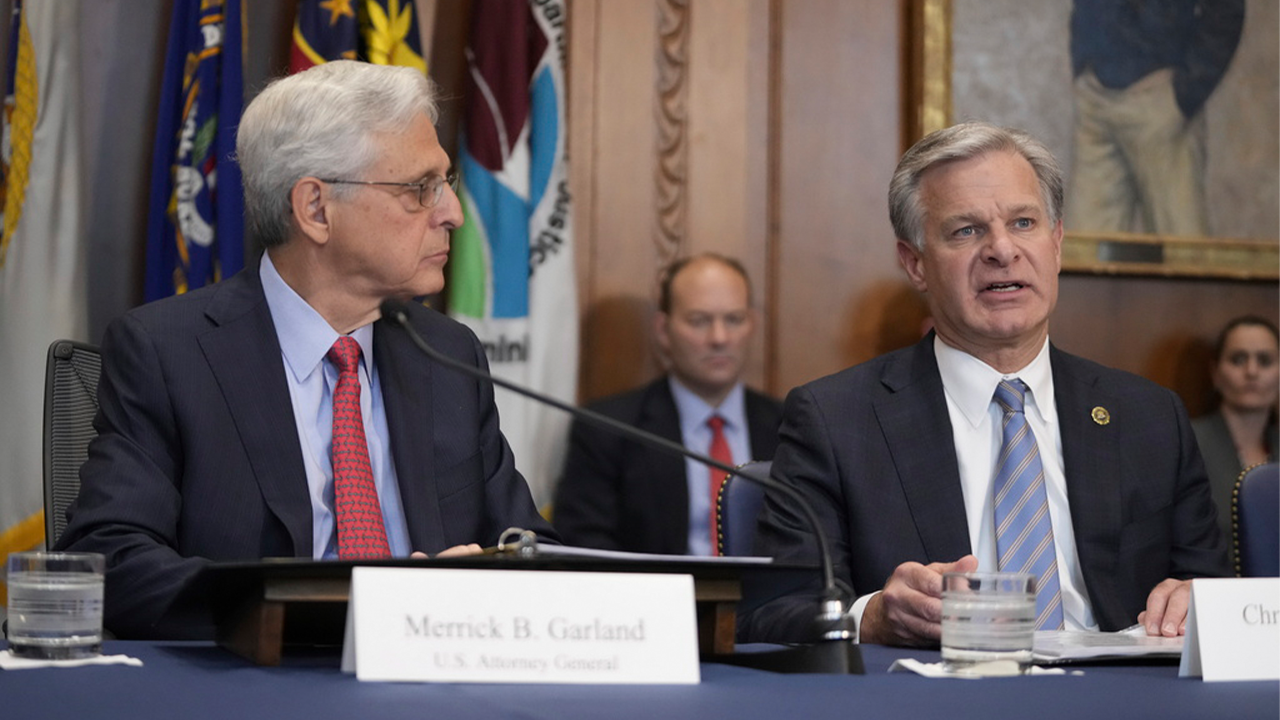On 30 November 2022, the international seminar “Defending European Interests in Space” will take place in Prague within the Czech Presidency of the Council of the European Union. The seminar is organised by the Ministry of Defence in cooperation with the Ministry of Transport and with the support of the Prague Security Studies Institute (PSSI).
The seminar will connect EU and NATO experts in space technology, security and defence with the aim of deepening the discussion on the current situation and the future course of the European Union’s civilian, security and defence policy in space. The event takes place as a part of the fifth edition of the Czech Space Week, the largest event in the Czech Republic with specific focus on space activities and space industry.
Space and its use: opportunity and threat
The changes in the security environment also have impact on requirements for ensuring our defence posture – which is where the space domain plays the crucial role. It is a dynamic and rapidly evolving domain, which increasingly affects the global division of power. Besides many benefits in day-to-day life, including but not limited to transport, communication, science, agriculture, weather monitoring and banking, the use of space dramatically enhances our ability to anticipate threats and have faster, more effective and better targeted responses to potential crises in order to prevent them.
The evolution of the use of space and the rapid development of technologies create new unprecedented possibilities as well as new risks, vulnerabilities and potential threats to security and defence. As a member of both the EU and NATO, we have to be ready for the competition in space, which is only possible if we work together. Compared to the past, space technologies and services are cheaper, more easily available and have more useful properties. Access to the space and its use is no longer the privilege of a handful of countries that are technologically able to launch and operate space ships or satellites.
Moreover, a large majority of the space technology capabilities have a dual use nowadays – they serve both commercial and military purposes, often at the same time. Sadly, given the growing dependency on space systems and services, we are also more vulnerable to irresponsible and malicious conduct by our strategic competitors. The increasing number of objects in the orbit and especially the growing quantity of space debris causes risks and increases tensions. That is why many countries are preparing to join the EU Space Surveillance and Tracking (SST) Partnership, which addresses the issue of space debris in relation with the protection of space infrastructure.
EU and NATO realise the urgency of space threats
The European Union as well as the North Atlantic Treaty Organisation realise the growing importance of the space domain and of the needed readiness to face the present and future threats. As soon as 2019, NATO declared space as a new, fifth operational domain to join land, air, water and cyberspace. The NATO space policy was authorised at the same time to provide space support to the NATO missions and operations for instance in the field of navigation and intelligence.
The EU does not lag behind, as the beginning of 2021 saw the authorisation of the EU Space Program for 2021-2027, designed to ensure the provision of high quality and secure data and services, maximise socioeconomic benefits, enhance EU’s security and autonomy, and especially strengthen the EU’s role as a leading space actor. Meeting those goals is the key mission of the European Union Space Program Agency (EUSPA) that is based in Prague. The ongoing preparation of the European Union Space Strategy for Security and Defence also testifies to the topicality of this subject. The strategy seeks to strengthen the EU’s defence and security dimension in space so as to foster common awareness of threats and risks associated with this domain and last but not least to strengthen our resilience and responsiveness to crises.
Gathering and sharing information on the situation in space will enable a better understanding and hence mitigating space risks, threats and weak points. Cooperation with our partners and allies is absolutely key in this regard. The international seminar has its unquestionable purpose in networking EU Member States’ space security specialists with relevant EU and NATO institutions and other stakeholders. It will provide the venue to the exchange of opinions and knowledge of security and defence aspects of European interests in space, thanks to which we will be able to continue to strengthen security and defend the interests of European citizens.
Read more:
Elevating the Risk of Satellite Collision: Climate Change To Increase Lifetime of Space Debris




















Discussion about this post